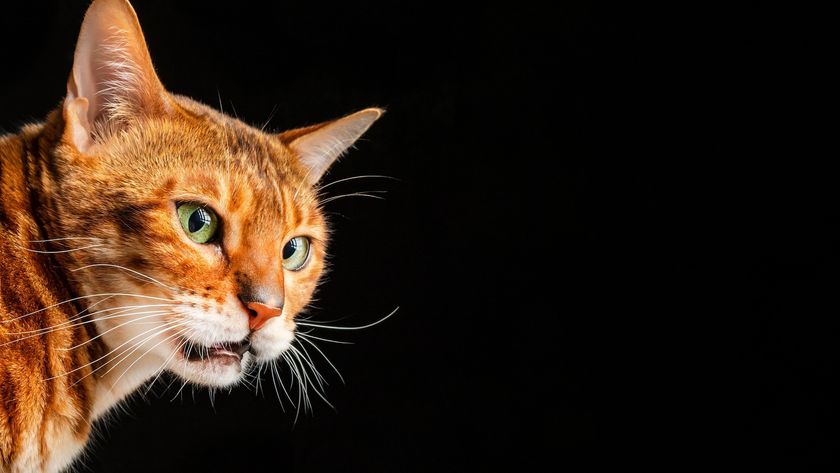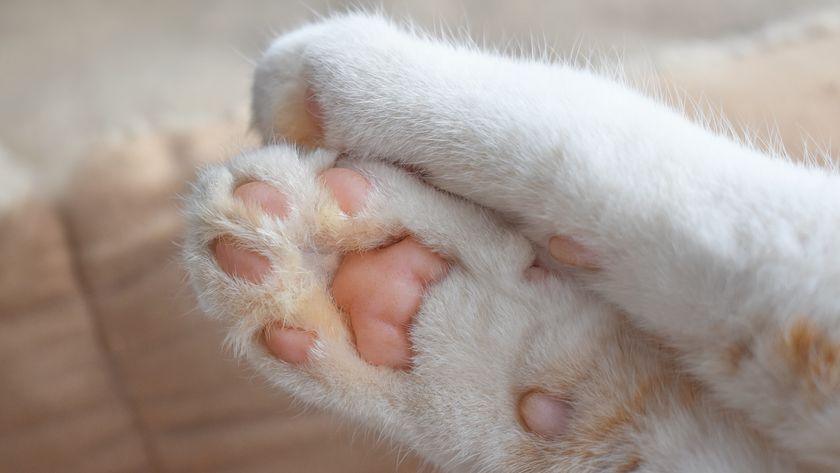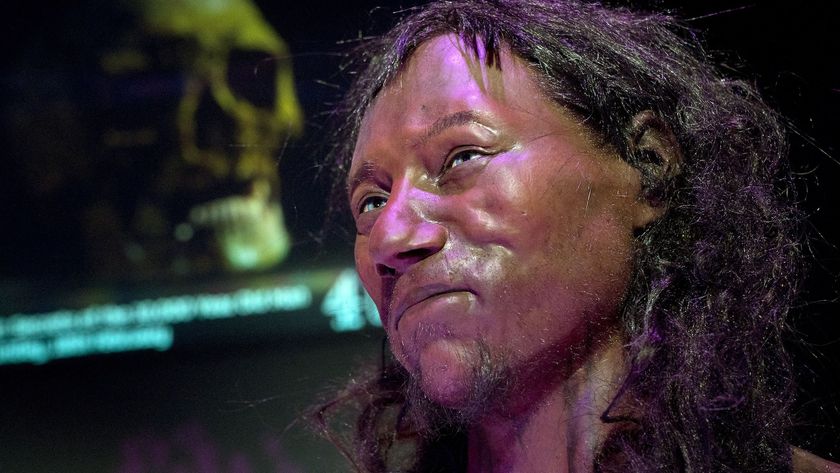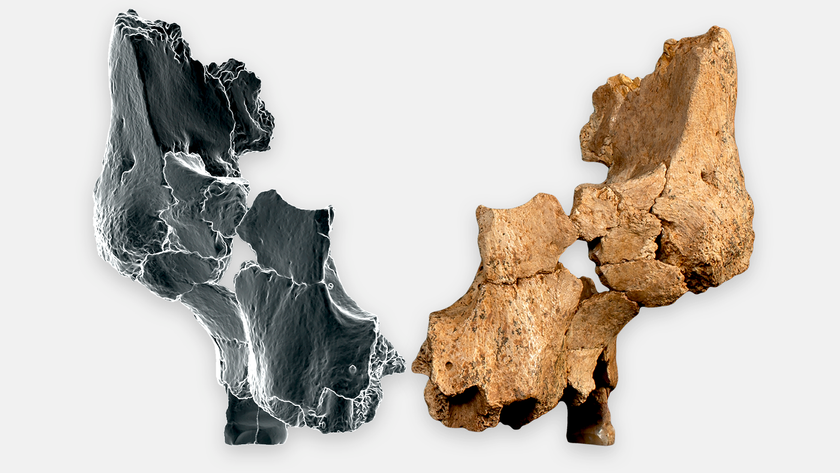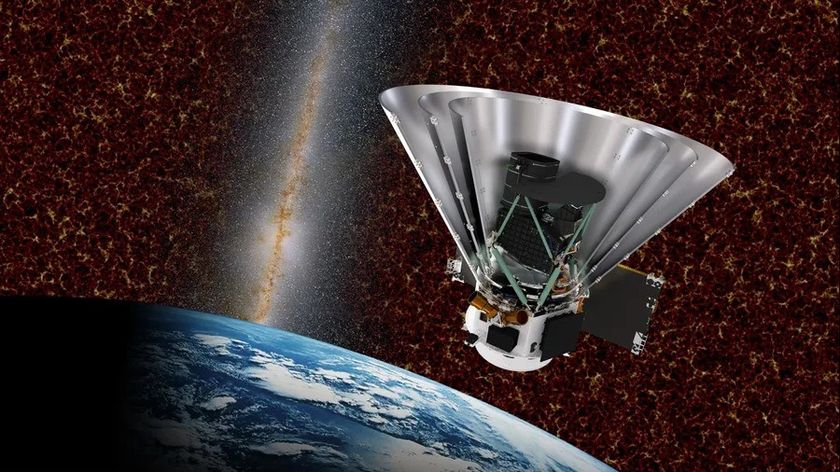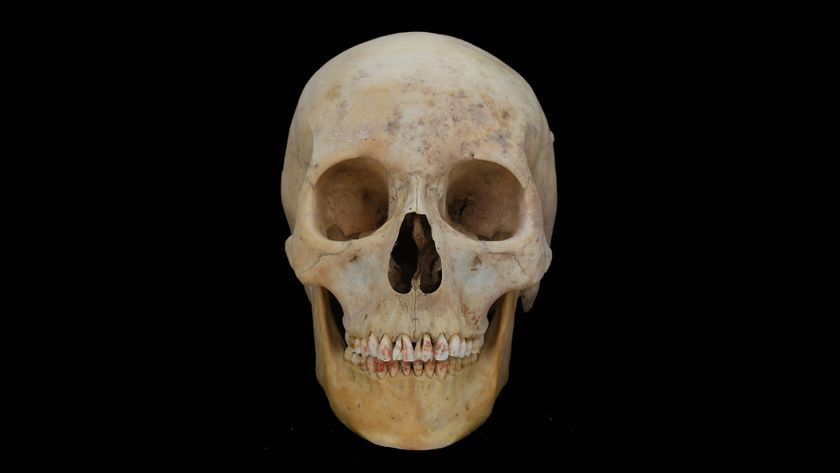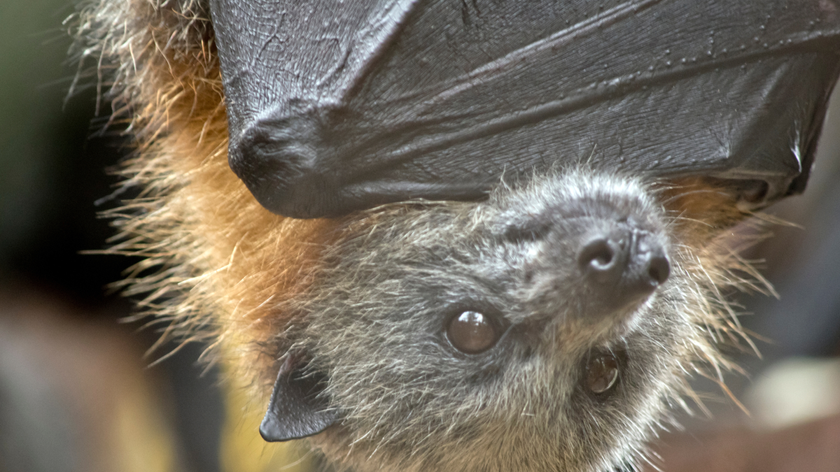Usain Bolt vs. The Cheetah: Olympians of the Animal Kingdom
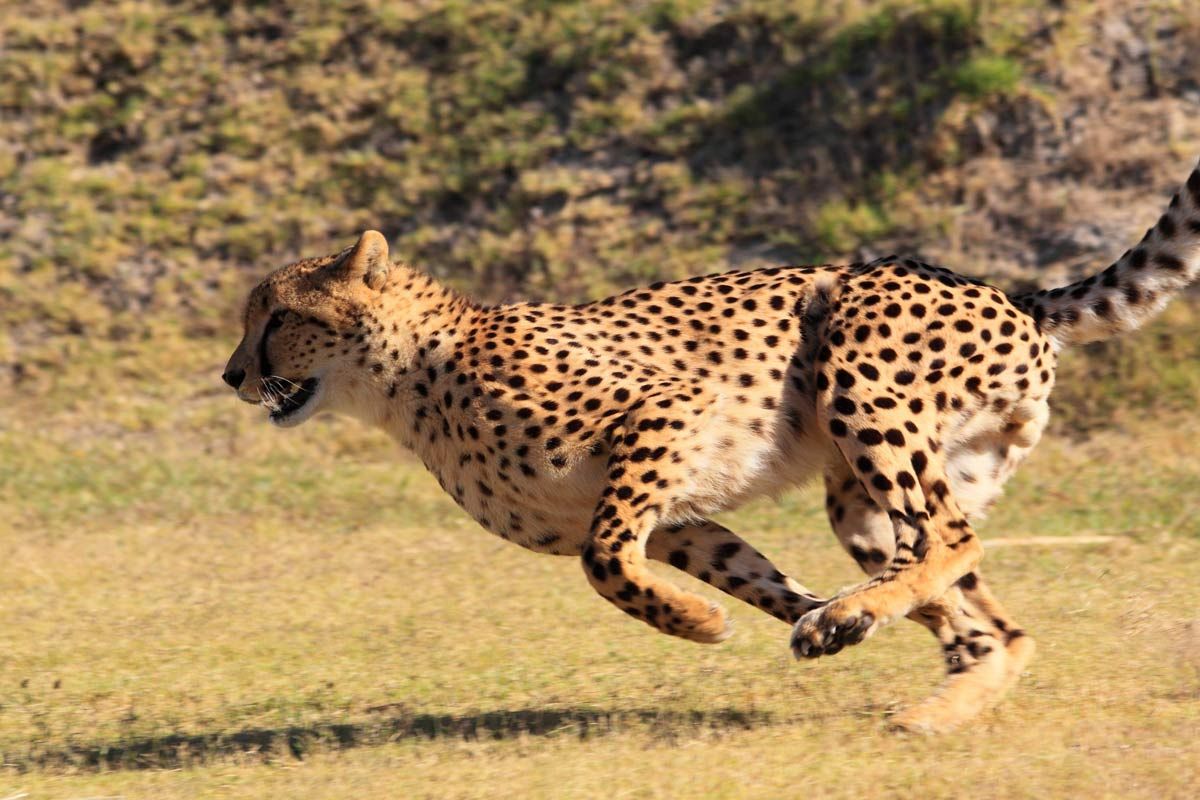
The Summer Olympic Games have begun with mostly hairless, bipedal athletes vying for gold. But how would record-breaking runners, such as the fastest man in the world Usain Bolt, fare against the wilder side of the animal kingdom?
Turns out, Usain Bolt would be left in the dust by greyhounds, cheetahs and pronghorn antelope (if he were to take the four-leggers up on a challenge), writes Craig Sharp of the Centre for Sports Medicine and Human Performance at Brunel University in a commentary in the journal Veterinary Record.
Sharp points out animal athleticism that would put to shame many a human Olympian, while also noting humans would take home gold in athletic versatility at the Summer Olympic Games.
No worries, though, us bipedallers would give the Dromedary camel a run for its money, at least the fastest of us would. Human runners max out at a speed of 23.4 miles per hour (37.6 kilometers per hour), Sharp said. The Dromedary camel? This ungulate tops out at 22 mph (35.3 kph). [Look Quick! Gallery of the Fastest Animals]
A cheetah would clock in at 64 mph (104 kph), or about twice as fast as the world's top sprinters, while the pronghorn antelope would likely be on the medal stand, pulling out a speed of 55 mph (89 kph). Even he fastest bird, the ostrich, may also take home a medal in one of the running events, clocking some 40 mph (64 kph).
In the pool, both Ryan Lochte and Michael Phelps may have some competition; sailfish can reach a swimming speed of 67 mph (108 kph).
Here's a look at some possible line-ups if some other animals were to participate in the Olympic Games:
Sign up for the Live Science daily newsletter now
Get the world’s most fascinating discoveries delivered straight to your inbox.
- Bolt ran 100 meters in 9.58 seconds compared with the 5.8 seconds it would take a cheetah to cover that same distance.
- Bolt ran 200 meters in 19.19 seconds, while a cheetah could sprint that distance in 6.9 seconds, a Black Caviar racehorse would gallop the same in 9.98 seconds, and a greyhound in 11.2 seconds.
- Retired American sprinter and gold medalist Michael Johnson ran the 400 meters in 43.18 seconds. The greyhound? 21.4 seconds. A racehorse? 19.2 seconds.
- Kenyan runner David Rushida, world-record holder for the 800 meters, ran that distance in 1 minute, 41 seconds. That's compared with a 33-second time for the pronghorn antelope and 49.2 seconds for a greyhound.
- An endurance horse could blow marathon record holder Patrick Makau Musyoki (finishing in 2 hours, 3 minutes and 38 seconds) off the course with a finish time of 1 hour 18 minutes and 29 seconds.
- World champ Mike Powell is known for his record-breaking jumps, reaching 29.36 feet (8.95 meters) in the long jump, but that's nothing for a red kangaroo, which can leap 41.99 feet (12.8 m).
- The animal kingdom also has a strong contender for the high jump: The snakehead fish can leap 13 feet (4 m) out of the water, easily snatching the medal from athlete Javier Sotomayor, who jumps to 8 feet (2.45 m).
Even Olympic weightlifters would have to contend with some fierce competition from the African elephant, which can lift 661 pounds (300 kilograms) with its trunk and carry 1,807 pounds (820 kg), the grizzly bear, which can tote some 1,003 pounds (455 kg), and the gorilla, which can lift a whopping 1,984 pounds (900 kg).
Follow LiveScience on Twitter @livescience. We're also on Facebook & Google+.
Jeanna Bryner is managing editor of Scientific American. Previously she was editor in chief of Live Science and, prior to that, an editor at Scholastic's Science World magazine. Bryner has an English degree from Salisbury University, a master's degree in biogeochemistry and environmental sciences from the University of Maryland and a graduate science journalism degree from New York University. She has worked as a biologist in Florida, where she monitored wetlands and did field surveys for endangered species, including the gorgeous Florida Scrub Jay. She also received an ocean sciences journalism fellowship from the Woods Hole Oceanographic Institution. She is a firm believer that science is for everyone and that just about everything can be viewed through the lens of science.
